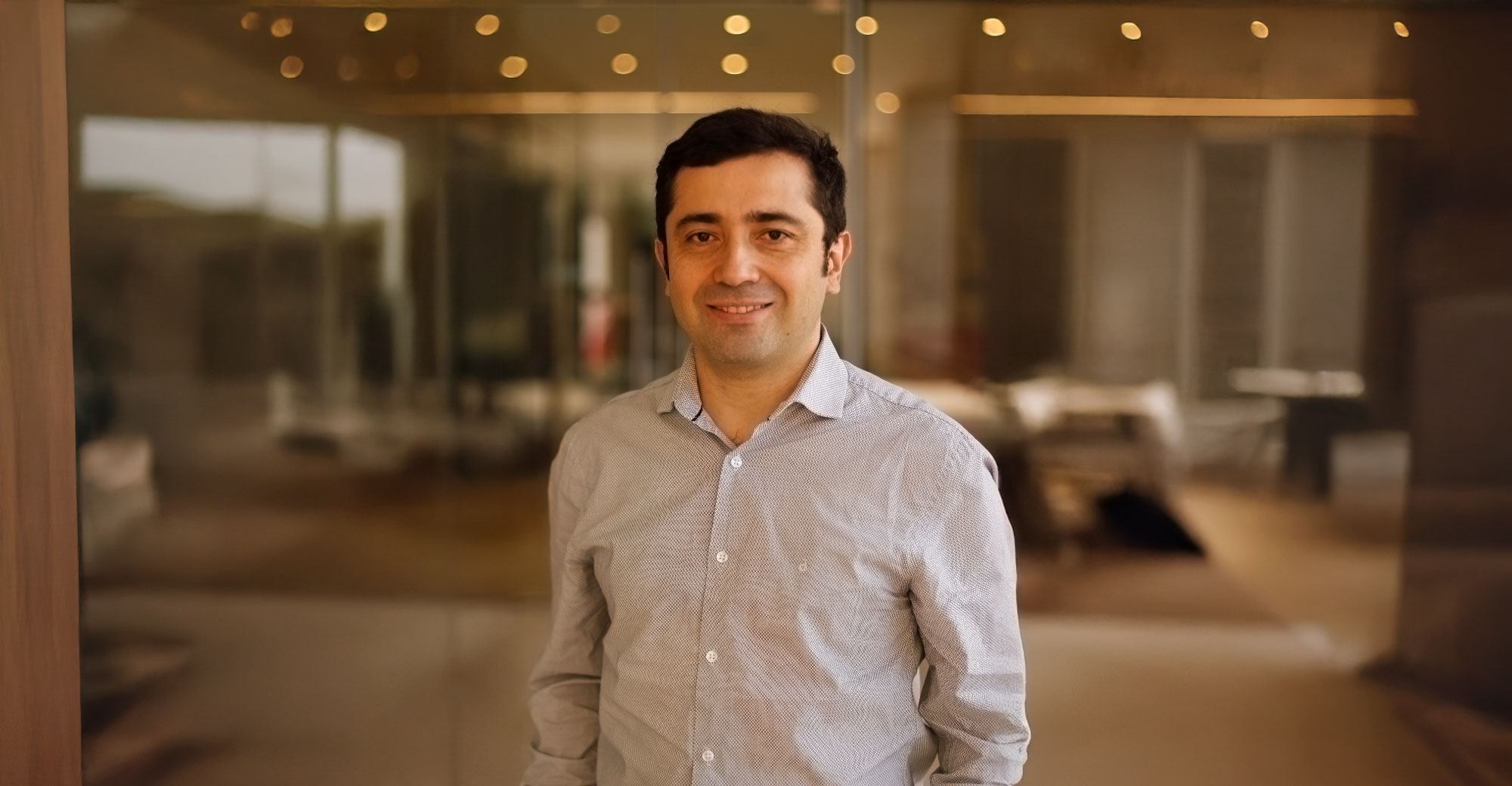Research develops machine learning methods that automatically identify patterns, even in the presence of noisy or unreliable data.
Professor Miguel Carrasco, an academic from the School of Engineering and Applied Sciences, is leading research focused on the development of Machine Learning methods capable of automatically identifying patterns, even in the presence of noisy or unreliable data.
The main objective of the project is to design robust classifiers that maintain optimal performance despite measurement errors or data variations, which is critical in sensitive areas where accurate and reliable decisions are required. The project is developed in collaboration with both national and international researchers. At the national level, participants include Julio López (Universidad Diego Portales) and Andrés Iturriaga (Universidad de Santiago de Chile). At the international level, experts from Universidad Complutense de Madrid (Spain) and Universidad de la República (Uruguay) are collaborating.
"A concrete example of this line of research is the classification of individuals as healthy or sick based on several variables. In this context, the models developed seek to guarantee reliable results, even when the data are contaminated by noise, which is common in real situations. If we have a data set of individuals who may belong to the healthy or sick category, each is characterized by a number of variables. The aim of the project is to develop a mathematical model based on machine learning that can automatically classify each person into one of these two categories. However, in real scenarios, the data can be affected by "noise", such as measurement errors or variations in collection conditions. Therefore, the research focuses on designing a robust classifier that can continue to perform accurately despite these uncertainties, thus ensuring reliable decisions in sensitive contexts," explains the academic.
This work can be applied in different industries thanks to its ability to detect patterns, classify data, and provide automatic responses with high accuracy. It also contributes to the development of new scientific tools in the area of machine learning.
At the same time, the academic is also part of another FONDEF project together with Universidad de la Frontera and Universidad de Santiago de Chile, focused on the automated analysis of prostate cancer biopsy images. This work seeks to identify cancer cells and determine the degree of cancer progression using artificial intelligence, which represents a key challenge in the medical field.

